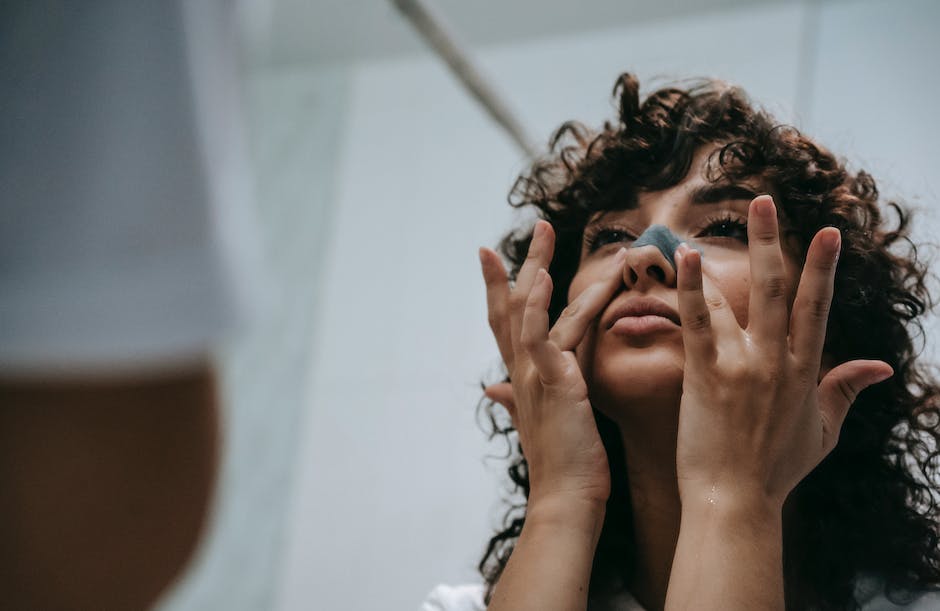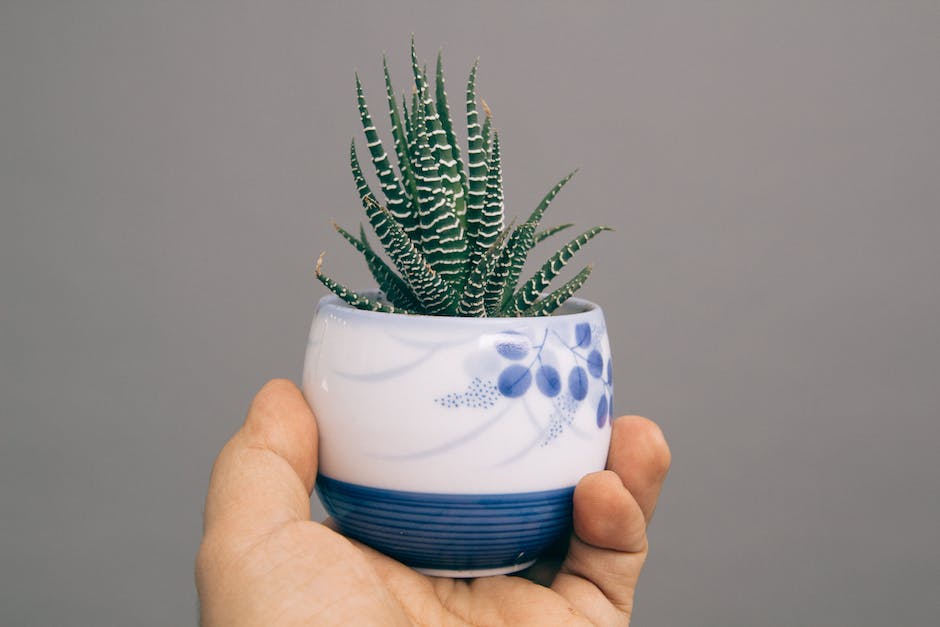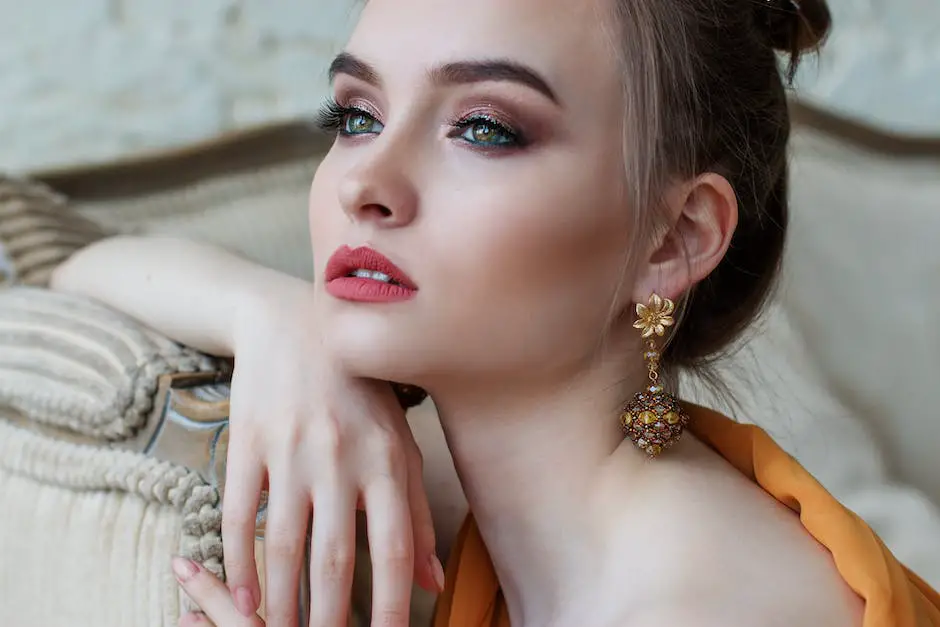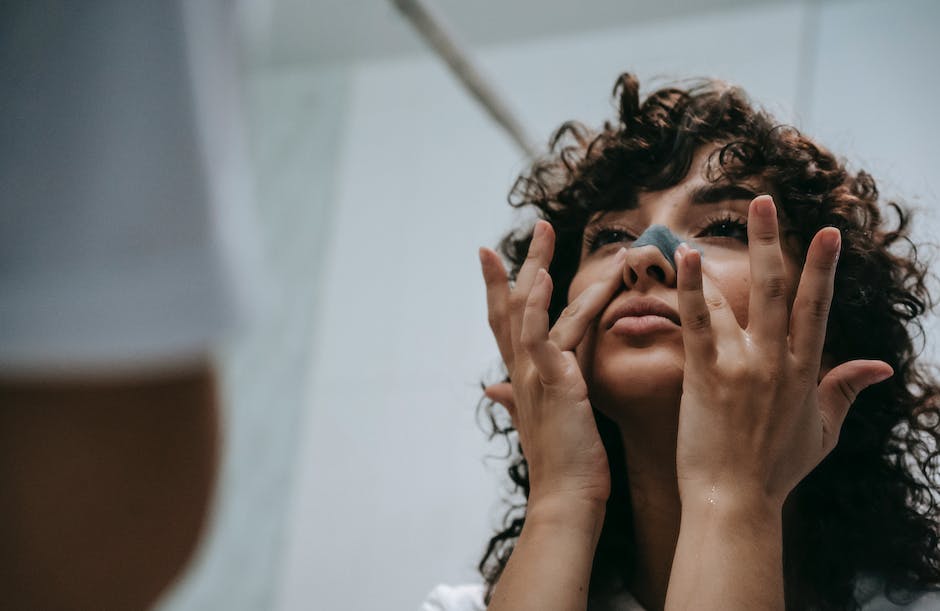The infuriating persistence of blackheads can trouble anyone. With this in-depth exploration of blackheads, especially on Indian skin, the aim is to shed light on the nature of these irksome blemishes. Learning about the role of sebaceous glands and dead skin cells will aid in understanding what actually causes these skin issues and why they are more predominant on Indian skin. Misconceptions about blackheads have led many down frustrating paths of ineffective treatments. To address this, this comprehensive guide delves into both home remedies, making use of common ingredients like honey, lemon, turmeric, and aloe vera, and commercial products that have shown efficacy specifically on Indian skin. Prevention being the key, this guide also helps in outlining the lifestyle changes, diet alterations, and hygienic habits that can reduce the incidence of blackheads.
Understanding Blackheads
Understanding Blackheads
Blackheads are a type of acne characterized by pores that have been blocked by oil and dead skin cells. They’re known as open comedones due to the black or dark appearance of the pore surface caused by oxidization. They mainly occur in the T-zone, which encompasses the forehead, nose, and chin, but might also appear on the chest, back, and arms.
The Causes of Blackheads
Blackheads form when the wide opening of a hair follicle, also known as a pore, becomes clogged or plugged with sebum, an oily substance created by the sebaceous glands, and dead skin cells. The sticky mixture of sebum and skin cells then oxidizes in air, causing the characteristic black color – hence the term ‘blackheads’. Hormonal changes, certain medications, and lifestyle factors such as stress, diet, and smoking can increase sebum production, potentially leading to more blackheads.
Why Blackheads are More Prominent on Indian Skin
Indian skin has a higher melanin content than Caucasian or East Asian skin. Melanin, the pigment that gives skin its color, may lead to more visible and prominent blackheads due to its darker pigment. Indian skin also tends to be oilier due to an increased number of sebaceous glands and greater sebum production. This excess oil can easily clog pores, leading to blackheads.
Common Misconceptions About Blackheads
One of the common misconceptions about blackheads is that they are caused by dirt. This isn’t true. As stated, the black coloration comes from the oxidation of the sebum and skin cells, not dirt. Another misconception is that scrubbing your face frequently will prevent blackheads. Over-cleansing can actually strip your skin of its natural oils, causing it to produce even more oil in response and potentially leading to more blackheads.
Role of Sebaceous Glands and Dead Skin Cells
The sebaceous glands, located just beneath the skin’s surface, produce sebum. Sebum helps to lubricate and protect your skin. However, when these glands produce too much sebum, it can bind with dead skin cells and clog the pores leading to blackheads. Similarly, dead skin cells can accumulate on the skin’s surface, blocking pores and trapping sebum, which then oxidizes forming a blackhead.
Significance of Melanin in Indian Skin
Melanin provides some natural protection against UV radiation. The increased melanin content in Indian skin contributes to a darker skin tone, which helps to protect against the sun’s harmful rays. However, the higher melanin levels can make blackheads (due to their dark pigmentation) more visible and pronounced on Indian skin compared to lighter skin tones. As such, understanding the role of melanin can aid in knowing how to better manage and treat blackheads for Indian skin.

Home Remedies for Blackheads
Understanding Home Remedies for Blackheads on Indian Skin
Various home remedies exist to help treat and prevent blackheads, especially on Indian skin. These remedies often utilize ingredients such as turmeric, honey, lemon, and aloe vera. These are known for their strong antibacterial and healing properties, which can be beneficial for skin health.
How Turmeric aids in Blackhead Treatment
Turmeric, a spice native to India, has been used for hundreds of years for its natural healing properties. It contains a compound called curcumin, known for its anti-inflammatory and antioxidant effects. When combined with water or oil to form a paste, it can be applied to blackheads on the skin to help reduces inflammation and promotes healing, making it an effective treatment for blackheads.
Honey: Antibacterial and Antiseptic Properties
Raw honey is another beneficial ingredient in home remedies for blackheads. Known for its antibacterial and antiseptic properties, honey may help remove bacteria from pores, which can prevent and heal blackheads. Moreover, honey moisturizes and soothes skin, potentially reducing the inflammation associated with blackheads.
Lemon’s Role in Treating Blackheads
Lemon has natural astringent properties that can help to tighten pores and dry out blackheads, thereby removing them from your skin. Additionally, its vitamin C content improves skin health and brightness. However, lemon can also have a photosensitizing effect, increasing skin’s sensitivity to the sun, so it’s important to use sunscreen after using lemon on your skin.
The Healing Effect of Aloe Vera
Aloe vera is known for its moisturizing and healing effects on the skin. Not only can it soothe inflammation caused by blackheads, but it can also potentially help to prevent blackheading through its natural salicylic acid content, which can help to unclog pores. Moreover, aloe vera has been showed to be well tolerant by all skin types, including Indian skin.
Possible Side Effects
While these home remedies can help in treating blackheads, they may have some potential side effects. Turmeric can stain the skin a yellowish color, but this usually fades in a few days. Honey is generally safe for all skin types, but some people may experience an allergic reaction. If you have citrus allergies, avoid using lemon on your skin, and despite its many benefits, some may experience redness or slight burning sensations after using aloe vera.
Conclusion
In summary, common household items such as turmeric, honey, lemon, and aloe vera can be used on Indian skin to treat and prevent blackheads. However, it is crucial to note effectiveness varies amongst individuals, so results may not be immediate. If persistent or worsened blackheads occur, professional dermatologist advice should be sought.

Commercial Products Effective on Indian Skin
Understanding Over-the-Counter Blackhead Treatments
There is a wide range of over-the-counter (OTC) blackhead treatments that are available and can be effectively used for Indian skin. These treatments can come in various forms such as cleansers, creams, and strips. Designed to unclog pores, remove dirt, and reduce excess oil production that leads to blackheads, these over-the-counter products can be a vital part of everyone’s daily skincare routine.
Main Ingredients in Blackhead Treatments
Each product varies in its formulation, but some common ingredients to look for include Salicylic Acid, Benzoyl Peroxide, Alpha Hydroxy Acids (AHAs), and Beta Hydroxy Acids (BHAs). Salicylic Acid is perfect for blackhead and whitehead treatment as it sheds the skin and unclogs the pores. On the other hand, Benzoyl Peroxide is more suited for pimple-prone skin due to its microbial properties. AHAs and BHAs serve to peel the skin lightly, making it essential for regular exfoliation and clear skin.
Applying Cleansers, Creams, and Strips
Cleansers can be used once or twice a day, depending on your skin type. Dampen your skin, apply the cleanser, and rinse properly, making sure no residue is left. Creams should ideally be used after the cleanser and are typically applied once daily. Note that creams can sometimes cause dryness, so using a moisturizer afterward might be beneficial.
Strips, mostly used for the nose area, should be applied after cleansing. Wet the area, apply the strip, and allow it to dry before removing it. Delaying or rushing this process might not give the desired results. Therefore, read and follow the directions given on the product packaging.
Effectiveness of Over-the-Counter Treatments for Blackheads
The effectiveness of over-the-counter blackhead treatments varies depending on the individual’s skin type, product ingredients, and consistency of usage. Regular, consistent use is essential for any blackhead treatment to work effectively. As these treatments often exfoliate and dry the skin, using a good moisturizer to maintain skin balance is also significant. Remember that while these treatments can be very effective, they aren’t a one-off solution. Continuous use and taking care of your overall skin health will yield the best results.
In the end, it’s crucial to note that while over-the-counter products are generally safe, some people may experience irritation or other side effects. Always test the product on a small area of skin first, and if any adverse reactions occur, stop using the product.

Preventive Measures
Understanding Blackheads and Indian Skin Type
Indian skin typically falls in the Type IV or V category of the Fitzpatrick scale, which implies it has more melanin, hence more oil production and a greater tendency to develop acne and blackheads. Blackheads, a type of acne, occur when the skin pores get clogged with dead skin cells and excess oil. Learning about healthy lifestyle choices, diet, and skincare routines can help prevent the formation of blackheads.
Lifestyle Changes to Prevent Blackheads
Certain lifestyle changes can significantly reduce the occurrence of blackheads. One key change is to ensure you are getting enough sleep as this helps maintain healthy skin. Regular exercise can also contribute to improved skin health as it increases blood circulation, resulting in healthier skin cells. It’s also essential to keep your skin clean, particularly if you live in an environment exposed to dust and pollution since these can clog skin pores.
Avoid touching your face frequently as doing so can transfer bacteria and other impurities to your skin. Also, make sure you wash and change your pillow covers and face towels regularly to prevent buildup of bacteria.
Dietary Habits for Skin Health
Your diet plays a crucial role in maintaining healthy skin. Incorporating fruits and vegetables rich in antioxidants can benefit your skin immensely. Include berries, citrus fruits, leafy greens, carrots, and nuts in your daily diet. They contain vitamins and essential nutrients that can help prevent blackheads.
Reduce your intake of oily and spicy food as well as processed and fast food since these can increase oil production in the skin, leading to blackhead formation. Drinking plenty of water keeps your skin hydrated, helping to maintain healthy skin cells.
Skin Care Routine to Prevent Blackheads
Adopting a consistent skincare routine can help prevent blackheads. The routine should involve cleansing, toning, and moisturizing twice daily. Make sure to use a face cleanser suitable for your skin type and avoid using harsh soaps.
Including a gentle exfoliator once or twice a week in your routine helps to remove the dead skin cells that might clog your pores. Additionally, the application of a clay mask once a week absorbs excess oil and helps to minimize pores.
Importance of Sunscreen
Sun damage can aggravate blackhead formation. Therefore, using a broad-spectrum sunscreen with an SPF of at least 30 is crucial irrespective of the weather. Sunscreen not only shields the skin from harmful UV rays but also helps in preventing the overproduction of melanin, which can reduce the occurrence of blackheads. Choose a sunscreen that is non-comedogenic, as these types of sunscreens do not clog pores.
In summary, while Indian skin is more prone to developing blackheads due to higher melanin content, incorporating healthy lifestyle habits, dietary changes, a suitable skincare routine, and regular use of sunscreen can significantly prevent their occurrence.

Mastering the art of blackhead prevention and removal, especially for Indian skin, doesn’t have to feel impossible. With detailed, step-by-step insights into understanding the nature and causes of blackheads, exploring effective home remedies and specialized commercial products, and learning how to incorporate lifestyle changes for healthier skin, the route to clear skin is clear. Anticipate a future where dealing with blackheads is a thing of the past and a blemish-free skin is the everyday norm. Uncover the secret to beautiful skin, everyday, through proper understanding, effective treatment, and positive lifestyle changes.

Leave a Reply